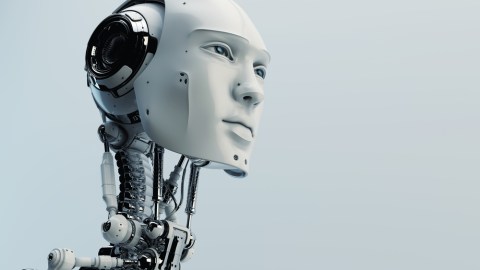Can MIT Put Artificial Intelligence Back on Track?

What’s the Latest Development?
The National Science Foundation has chosen the Massachusetts Institute of Technology as one of three new research centers that will each receive $25 million over the next three years to explore artificial intelligence. The public gains made by AI, such as beating chess champions and winning Jeopardy! tournaments, have ironically also demonstrated its limits. “We do not yet understand how the brain gives rise to intelligence, nor do we know how to build machines that are as broadly intelligent as we are,” said Tomaso Poggio, the Eugene McDermott Professor of Brain Sciences and Human Behavior at MIT.
What’s the Big Idea?
While professor Poggio recognizes AI’s limits, he also thinks substantial gains are still within reach. “We know much more than we did before about biological brains and how they produce intelligent behavior,” he said. “We’re now at the point where we can start applying that understanding from neuroscience, cognitive science and computer science to the design of intelligent machines.” MIT will concentrate future research in the following areas: The integration of intelligence, including vision, language and motor skills; electrical and neurobiological circuits for intelligence; the development of intelligence in children; and social intelligence.
Photo credit: Shutterstock.com





